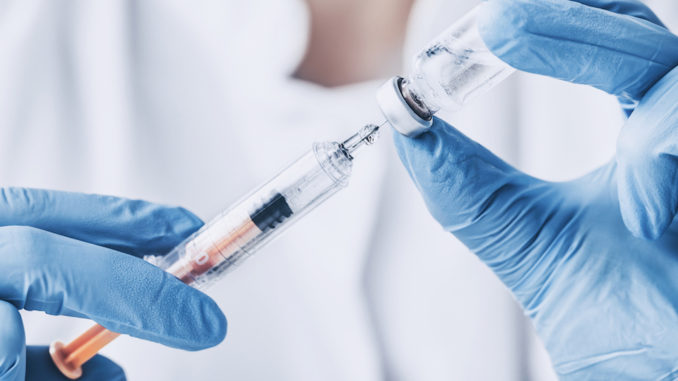
4D pharma plc (AIM: DDDD), a pharmaceutical company leading the development of Live Biotherapeutics, today announces that the Company has entered into a research collaboration and option to license agreement with MSD, the tradename of Merck & Co., Inc., Kenilworth, NJ, USA, to discover and develop Live Biotherapeutics (“LBPs”) for vaccines.
Under the terms of the agreement 4D’s proprietary MicroRx® platform will be paired with MSD’s expertise in the development and commercialisation of novel vaccines, to discover and develop LBPs as vaccines in up to three undisclosed indications. 4D has the right, subject to certain conditions, to cause MSD to purchase $5 million in ordinary shares in 4D during the first 12 months of the collaboration. In addition to an upfront cash payment, for each indication, 4D will be eligible to receive up to $347.5 million in option exercise and development and regulatory milestone payments, plus tiered royalties on annual net sales of any licensed products derived from the collaboration. MSD will be responsible for development, manufacturing and commercialisation following the exercise of any of its exclusive options.
Duncan Peyton, 4D’s Chief Executive Officer, commented:
“This research collaboration agreement brings together 4D’s innovation in the microbiome space and MSD’s track record of developing cutting-edge vaccines. MSD and 4D have worked closely combining world leading science to develop a workplan to advance the understanding of this field, with the aim of generating a new class of vaccines in areas of high unmet need.”
Daria Hazuda, Chief Scientific Officer of MSD’s Exploratory Science Center and MSD’s Vice President of Infectious Diseases and Vaccines Discovery Research, commented:
“A key element of our focus in the Exploratory Science Center is the evaluation of emerging new areas of biology that have the potential to offer major beneficial impact to human health. By applying 4D’s MicroRx® technology we hope to gain meaningful insights into the role for the host microbiome in modulating the immune response and ultimately protection conferred by vaccines.”
